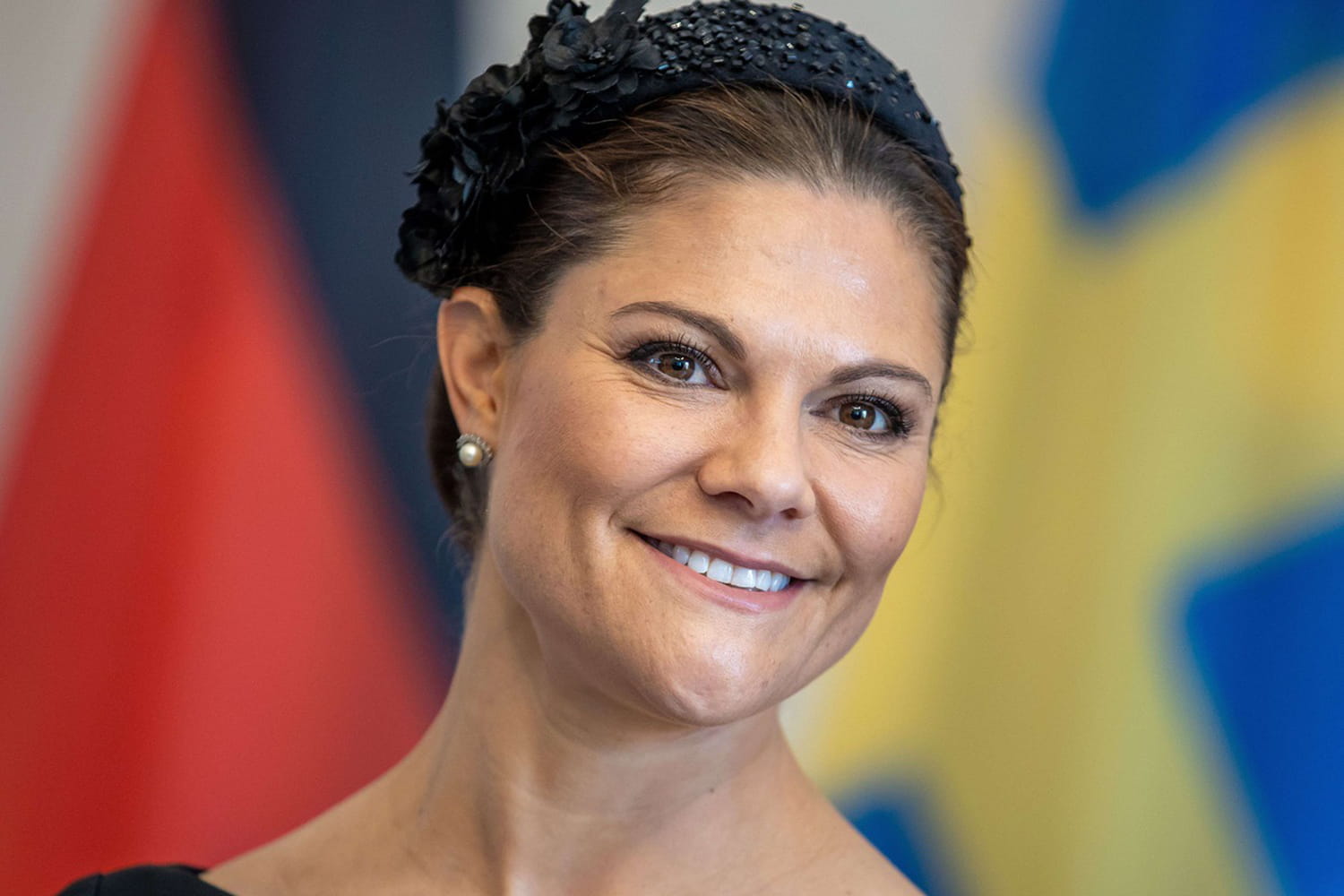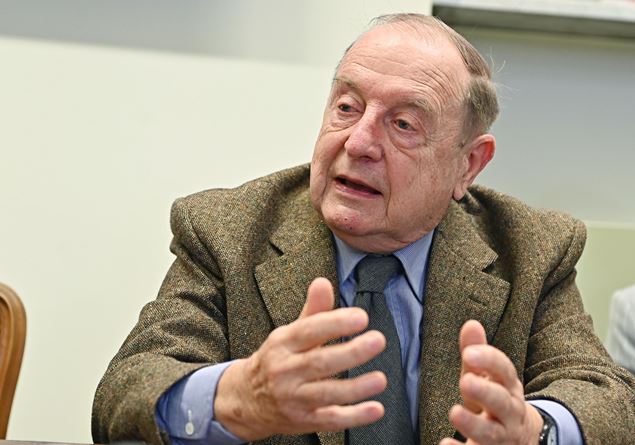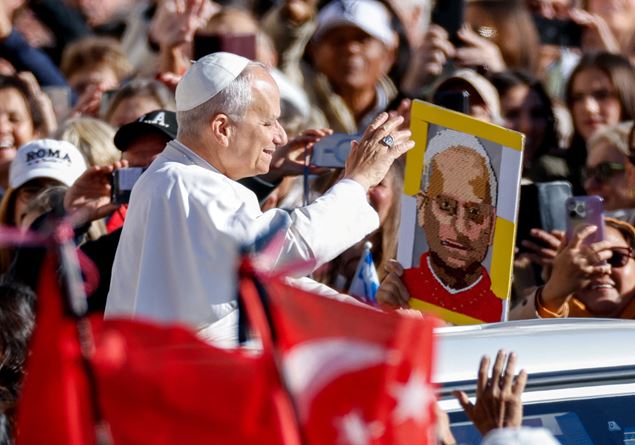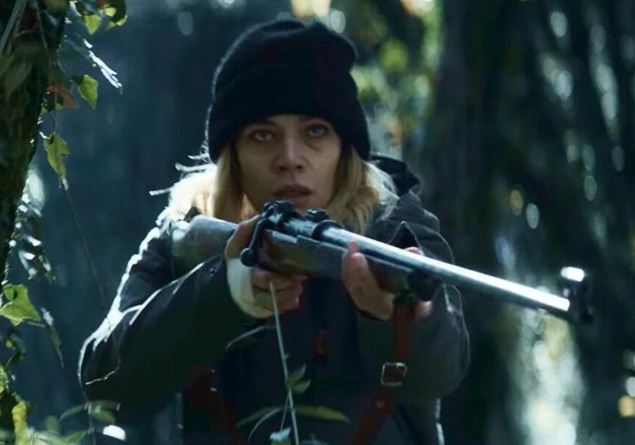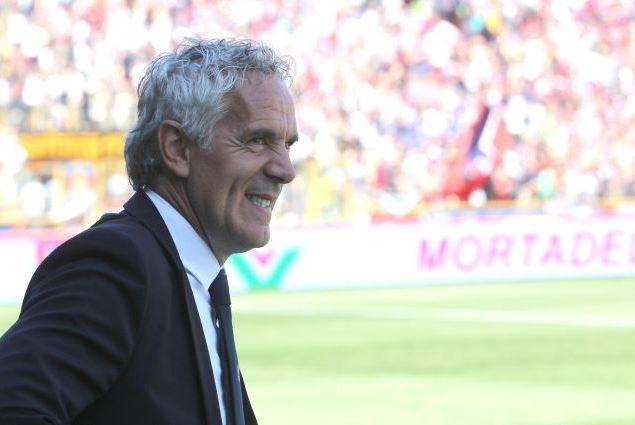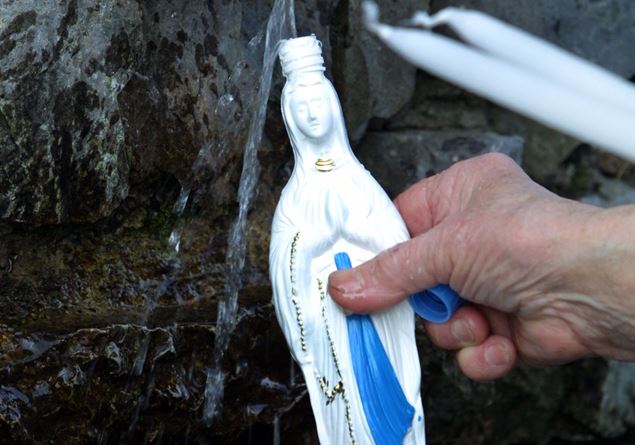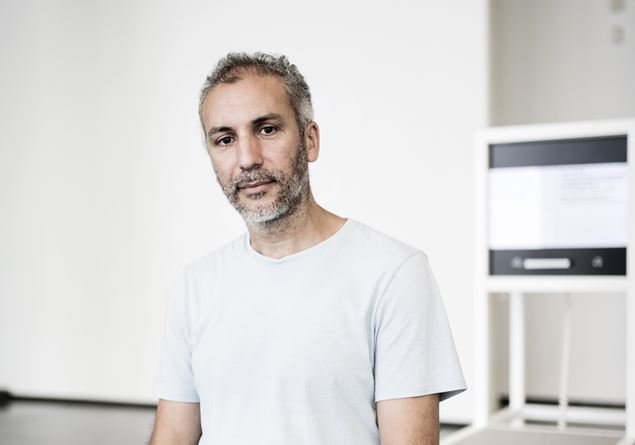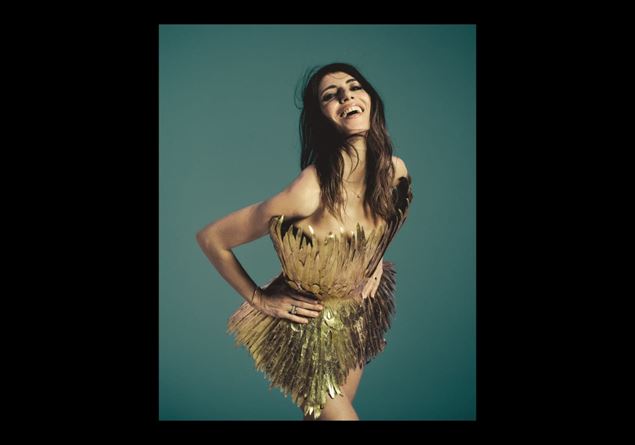He left at 85, suddenly, in his holiday home in Valle d’Aosta, Vladimiro Zagrebelsky, brother of Gustavo former president of the Consulta, Insigne jurist. An authoritative and very clear voice, capable of explaining in a nutshell the mysteries of the right to non -experts. He had had a multifaceted career and therefore adapts to analyze the impacts of the law on people’s lives from all points of view.
He knew how to translate complex concepts into simple words and never made his willingness to explain – even without asking to be mentioned, for the pure spirit of service to make himself useful to citizenship even as a “hidden intermediary” (even if he was always mentioned for the authority of his opinion) -, two features that said of the lordship of the man as well as the civil passion and the belief that he passed through the bread to the service. conviction that the right and rights were at the service of man: the same concept but secular on Saturday for man. Among the many publications to which he had tied his name Zagrebelsky there is The ordinary judiciary from the Constitution to date (in History of Italy. Annals 14., law law lawedited by L. Violante, Turin, Einaudi, 1998), a very accurate story of the Italian judicial system and its implications.
Born in Turin in 1940, he had graduated in Law in 1963, entering the judiciary two years later. A jurical and academic career devoted to protection of fundamental rights and the functioning of justicewhich conceived as a service to the citizen and fundamental value of democracy. During his career he has held important positions in the judiciary, chairing the Court of Assizes of Turin between 1987 and 1990 and holding the role of prosecutor of the Republic at the City of the same city from 1991 to 1994. For two mandates he was a member of the Superior Council of the Judiciary, elected by the judiciary.
Between 1998 and 2001 he directed the general management of the judicial organization and subsequently the legislative office of the Ministry of Justice, and in those years he also chaired one United Nations Commission in Vienna for the prevention of crime and criminal justice.
In 2001 he was elected judge of the European Court of Human Rights of Strasbourg, a position he maintained until 2010. Editorialist for the press, he animated for over a decade the Laboratory of fundamental rights at the Carlo Alberto College of Turin.
In 2010 he received the honor of Knight of Grand Croce for the merit of the Italian Republic. He was the corresponding partner of the Academy of Sciences of Turin and a member of several scientific and study committees.
A multifaceted experience that has made him a point of reference on the issue of rights at European levelalso for the ability to combine calmness and clarity, in distinguishing and if the case in censor violations, without ever losing the balance or exhibition elegance.




